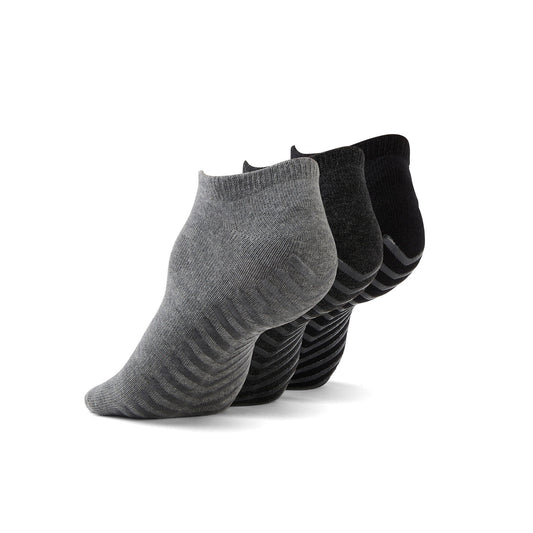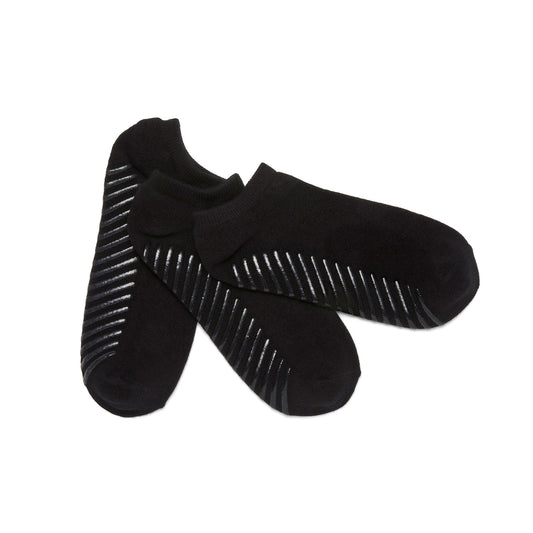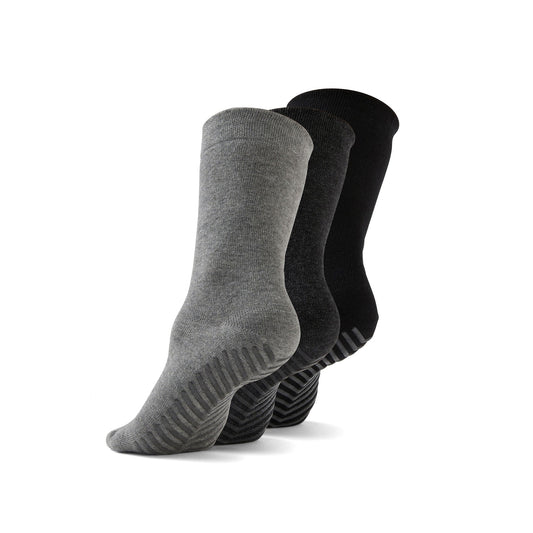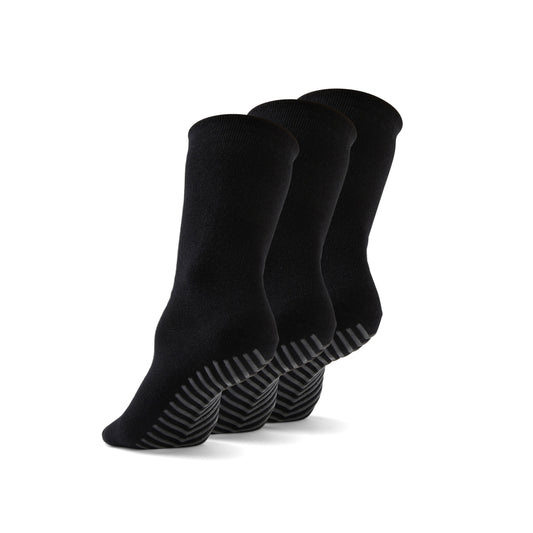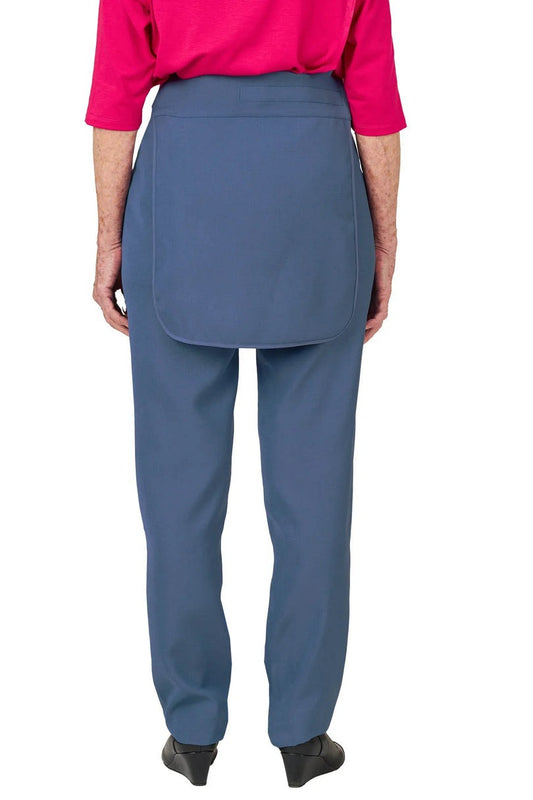Causes of Swollen Feet
As individuals age, they are bound to experience aches and pains throughout their bodies, including in their feet. Swelling of the feet, also known as pedal edema, can be attributed to many factors including lifestyle habits and certain health conditions.
Some possible causes include the following:
- Uncomfortable or tight shoes
- Eating foods with high salt-intake
- Sores on the feet
- Lack of flexibility
- Gouging toenails
- Certain drugs or medications
- Chronic venous insufficiency (CVI)
- Heart or kidney conditions
- Rheumatoid arthritis
Elderly folks are particularly vulnerable to foot sores which can cause further swelling of the feet and discomfort when wearing shoes. These sores have a long healing time and can often resurface again after they disappear. Those with pre-existing health conditions such as diabetes are more susceptible to getting sores on their feet. Due to the swelling and sensitivity of these sores, elderly people need to ensure that their shoes are comfortable and are not squeezing their feet.
Another factor that can cause swollen feet are medications that contain the following:
- Antidepressants
- Hormones, including testosterone and estrogen
- diabetic medications
- Steroids
Older individuals should also be mindful of their internal health as edema may be an indicator of other health conditions. Those over the age of 50 are more at risk of developing chronic venous insufficiency (CVI) which occurs when the valves in one’s leg veins are damaged, preventing blood from pumping back into the heart smoothly. Experiencing edema can also indicate congestive heart failure which is when the heart does not pump blood properly, thus causing the veins to retain fluid.
Additionally, swollen feet could also be a sign of rheumatoid arthritis which is an inflammatory and autoimmune disease that occurs when the body’s immune system mistakenly targets healthy blood cells, causing swelling in the hands and feet. This disease can also spread to other parts of the body including the heart, lungs, skin, and eyes. To learn more about how to alleviate arthritis-related pain, check out this blog. With that being said, dealing with edema does not always mean that an individual has these health conditions. Please consult with a doctor for medical advice and appropriate treatment options.
Ways to Treat Swollen Feet
Elderly folks tend to experience swollen feet or edema regularly, causing pain and discomfort. However, there are several ways to treat this condition and prevent the swelling from worsening.
Healthier Lifestyle Habits
One way that elderly individuals can alleviate their swelling is by implementing healthier habits such as exercising regularly. These folks do not need to engage in heavy workouts, but it is important to ensure that their feet are moving instead of remaining stagnant. This means going out for a short walk in the neighborhood or even simply walking around the house. Also, while lying down, these individuals should place a pillow under their legs above the level of their heart to prevent gravity from adding additional pressure on their feet. Elderly folks can benefit from using a leg elevation wedge to help position themselves comfortably when lying down.
It is also important for these individuals to ensure that the foods they are consuming are not high in sodium as they can increase water retention. Instead of eating processed meats (pepperoni, salami) and refined carbohydrates (white bread, pastries) in large amounts, elderly individuals should consider incorporating more vegetables, fruits, and whole grains into their diet. Eating more fruits and vegetables is very beneficial as they contain antioxidants and vitamins to help prevent diseases, including those related to edema. Along with this, individuals should also try to avoid smoking and using tobacco as it is very harmful and can lead to several health complications.
Compression Therapy
Another way that edema can be treated is through compression therapy which improves the blood flow in the legs and feet by adding gentle pressure on the swollen area. The amount of compression can vary depending on the individual, so ask your doctor or health care practitioner for advice.
There are three main types of compression therapy:
- Elastic bandages - These bandages are long pieces of stretchable fabric that can be wrapped around any areas that are swollen or injured.
- Compression stockings - These stockings are helpful as they are tight-fitted and use gentle pressure to alleviate the swelling.
- Intermittent Pneumatic Compression (IPC) Devices - These devices come in the form of inflatable sleeves that wrap around your feet and legs. They continuously inflate and deflate which promotes circulation.
Comfortable Footwear at June Adaptive
One of the most important factors to consider for treating edema is wearing comfortable and well-fitted shoes. Many footwear products are not tailored for elderly people, especially those who experience swelling in their feet. Luckily, June Adaptive offers several footwear options for both men and women that have been created with adaptive features in mind.
Women may be interested in a pair of Hugster Lightweight Shoes that can be worn either indoors or outdoors. These shoes have a velcro closure, making them easily adjustable for those who have swollen feet or sores. As well, they include memory foam insoles for additional comfort, but they can also be removed if not needed. Additionally, these shoes are slip-resistant which is especially important for those with edema as the swelling of their feet can hinder their balance, thus increasing the risk of falls. As for men, a pair of Wide Easy-On Shoes would be beneficial as they come with similar features and provide daily comfort. They can also be easily cleaned if needed.


In addition to shoes, elderly individuals should also consider purchasing comfortable socks to prevent discomfort and a loss in circulation. One excellent option would be this 2-pack of Unisex Everyday Crew Socks which are specially designed for those with light to medium swelling in their feet and ankles. These socks are made with an ultra-stretch fabric that allows for a perfect fit for everyone, including those who experience symptoms of edema.





